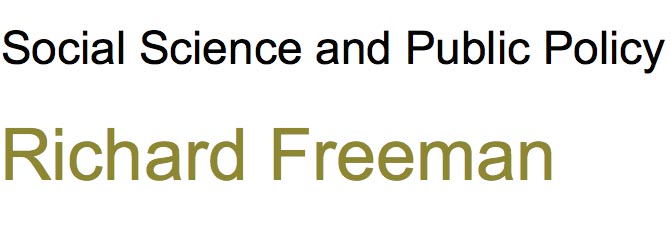A Reference Group is a community of policy makers and practitioners working in different contexts in pursuit of a common goal. They meet periodically in order to reflect, both individually and collectively, on the challenges they face in doing so: they discuss their own individual and organizational experience of progress or otherwise towards that goal, as well as the effect of changes in the social, political, legal and economic environments in which they work. They are joined by researchers and academic facilitators, who provide a set of additional intellectual resources with which to think through what they do. Together, policy makers, researchers and practitioners develop a deeper, broader and increasingly nuanced understanding of the nature of the goal itself, as well as of different possible ways of addressing it.
The idea of ‘reference’ points to the way participants come to refer to each other’s practice and experience in developing their own. It has echoes of the scholarly reference, and the way that creates authority for certain kinds of information and ideas. But as the group becomes established, and as its members draw on its discussions in their workplace and other activities, it becomes a point of reference for others, too. Reference Group discussions make for the following outcomes:
- individual, situated and case-based learning from peers;
- immediate connectivity between policy, practice and research;
- identification of benchmarks, standards and best practices;
- enhanced coordination of strategic development across domains.
The social process of the meeting is intrinsic to its success. The special quality of the Reference Group is to create opportunities for conversation and interaction between participants which are spontaneous, grounded and sustained.
The Reference Group on In/Equalities in Scotland met five times over the course of 2015-2016. Recruitment was conducted by referral and invitation: participants were Directors or Department Heads of NGOs and public agencies, or those with other specialist expertise in research, policy or organizational development. They were concerned with issues including schools, food, water, LGBT, participation, volunteering, children, disability, race and ethnicity, homelessness, gender, work, poverty, public health, public space, community development, social justice, philanthropy, Scottish government, local government and public services. In this way, the configuration of the Group created a distinctive if not unique opportunity for cross-topic and cross-sectoral discussion.
There’s more about the work of the Group here, and in the collective publication Working for Equality: policies, politics, people.
